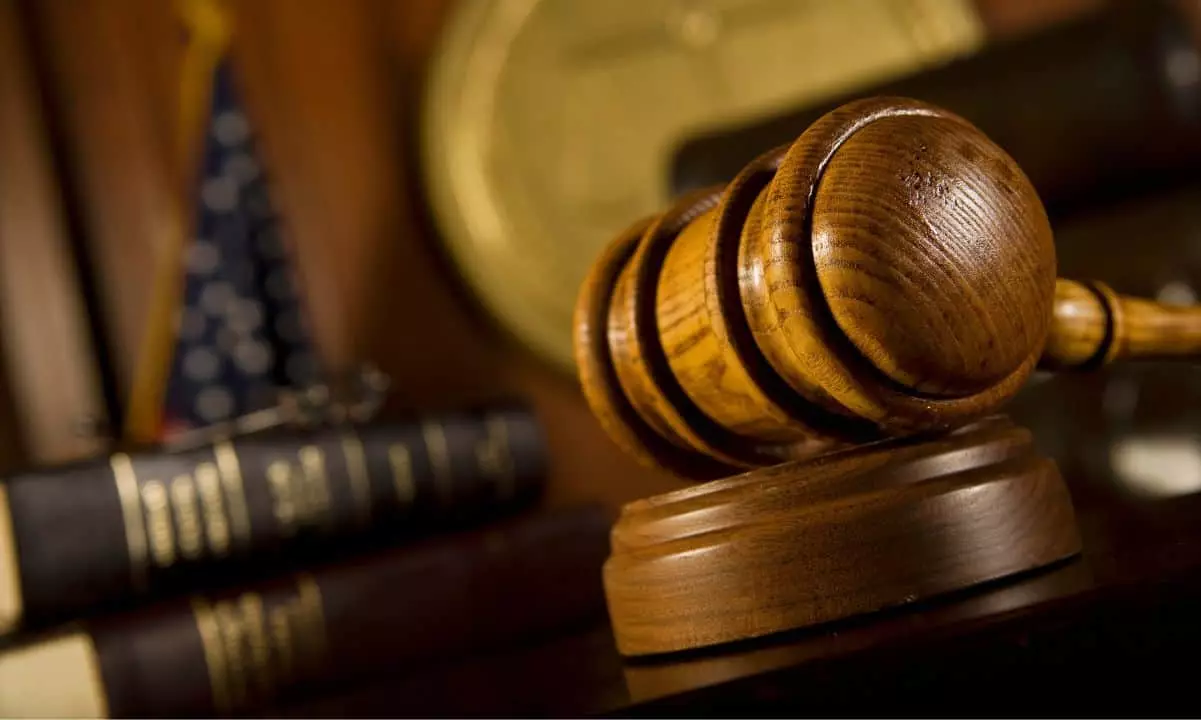In what could be one of the most extraordinary legal battles of the decade, James Howells, a 39-year-old IT professional, is waging a fight against the Newport Council in the UK to reclaim nearly 8,000 Bitcoin (BTC) currently deemed lost in a landfill. The lawsuit, amounting to nearly £500 million (approximately $646.4 million), stems from an incident dating back to 2013 when Howells inadvertently discarded a hard drive through a misunderstanding during a home cleanup. This case raises questions not only about personal responsibility and the value of digital assets but also the role of public institutions in safeguarding the interests of their citizens.
The Backstory: A Hard Drive Discarded
Howells had been an early adopter of Bitcoin, having mined the cryptocurrency at minimal costs long before it became a global phenomenon. The miscommunication that led to the disposal of the hard drive has haunted him since and profoundly changed his life. As the years progressed and Bitcoin’s value surged to an all-time high near $73,737 earlier this year, the combination of emotional and financial distress became unbearable. Attempting to make the most of his situation, Howells crafted a legal strategy to draw attention to his plight—one that he claims has been largely dismissed by the council over the past decade.
Howells’ current valuation appears to serve a dual purpose: it represents a significant figure that captures the public’s and the court’s attention while also acting as a leverage point to negotiate access to the Docksway landfill where he believes the hard drive remains buried. This unconventional legal maneuver underlines the evolving nature of property rights in an era increasingly dominated by digital assets.
The Challenges of Recovery
Life after the loss of his Bitcoin has seen Howells shift from a regular IT position to a full-time recovery effort, spearheading a campaign to excavate the landfill. His team of experts estimates an 80% chance of successfully retrieving the data from the hard drive. They are ready to undertake a £10 million ($13 million) excavation operation at no expense to the council, highlighting a rather unique blend of private initiative and public accountability. However, the undertaking is fraught with challenges, including potential legal restrictions imposed by local environmental regulations.
Howells emphasizes that excavation wouldn’t just be a treasure hunt; it would also involve modernizing the landfill, which has faced scrutiny for violating environmental permits since 2020. His assertion is that such a project could yield benefits for both parties, yet the Newport Council remains resistant, prompting a deeper examination of why public institutions may be reluctant to engage in such endeavors.
As the situation unfolds, tensions continue to rise between Howells and Newport Council. The council’s legal team maintains that they hold ownership of the discarded hard drive, arguing that once the item was discarded, any claim rights were relinquished. On the flip side, Howells insists that he never intended to abandon the hard drive, framing the case as not merely a financial dispute but a matter of integrity and justice.
Adding another layer to this already complex situation are the environmental concerns that arise from the excavation process. Critics argue that such an endeavor could have detrimental effects, given the landfill’s history of contaminated waste. Newport Council has cited its strict environmental monitoring protocols, presenting Howells’ claims as attempts to divert attention from the substantial frailties in his case.
Set to be heard in court this December, Howells remains steadfast in his commitment to pursue this matter until a judge intervenes. The outcome of this case could have profound implications for the legal status of digital assets and the responsibilities of public institutions. The juxtaposition of personal ambition against bureaucratic indifference poses significant questions about the complexities of ownership in a digital economy.
As this saga continues to unfold, it serves as a stark reminder of the potential ramifications that come with the considerable risks and rewards present in the realm of cryptocurrencies—a domain where fortunes can be made and lost overnight. Through his relentless pursuit, Howells is not only seeking restitution for his lost Bitcoin but also challenging perceptions of digital ownership in an age increasingly characterized by technological uncertainties.


Leave a Reply